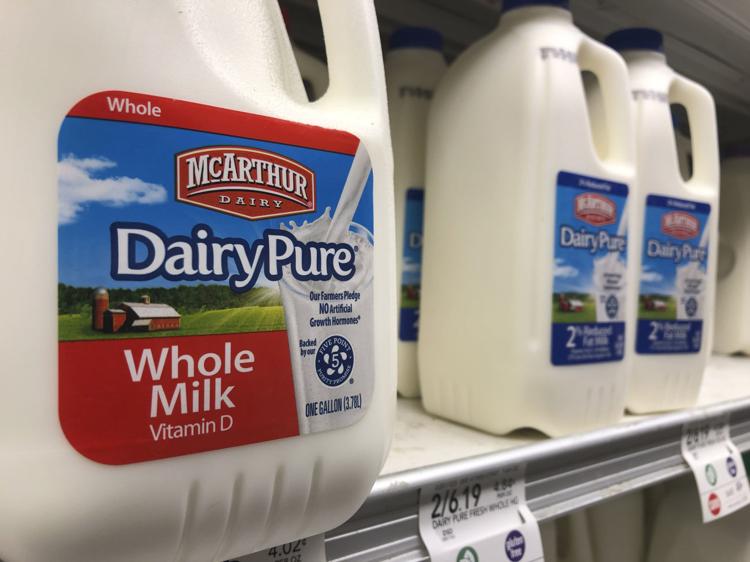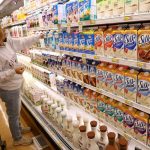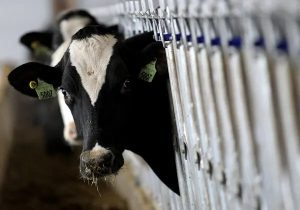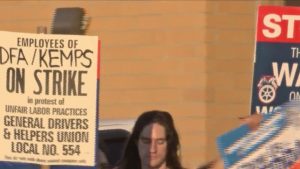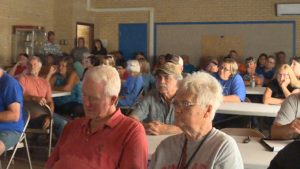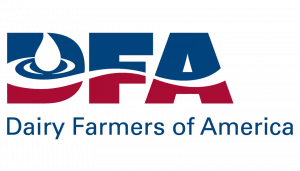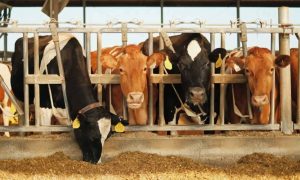
Let’s be clear — this takeover would be bad news, only further tilting power in the food system against family farmers and consumers. Instead of more concentration in agriculture, we need less. For this reason, the government should purchase Dean Foods and restructure it in a way that would open markets for farmers.
How did Dean Foods get into this mess? Yes, there has been a decrease in the overall consumption of dairy milk as people buy soy, almond and pecan varieties. While true, this is only part of the story.
A complete telling of Dean’s financial ruin includes the processor’s history of corruption.
Particularly, Dean Foods has paid out millions in settlements for price fixing. Did they set prices to benefit farmers? No, in fact, it was just the opposite — Dean paid farmers as little as possible so that the company could turn around and then sell milk to retailers for super profits.
DFA is far from innocent in these dealings. In fact, DFA colluded with Dean to depress prices, which hurt the cooperative’s own farmer members so that its executives could reap extra profits. DFA also has been connected to other anti-competitive price fixing schemes, including deals at the Chicago Mercantile Exchange to drive down the value of cheese, which plays a central role in determining milk prices.
Consumers do not see these shady deals because prices at the grocery store stay relatively stable. Still, folks overpay at the register when agribusiness elites have the latitude to set prices and consistently cheat farmers behind the scenes.
The point is this: to allow a merger to go forward between Dean Foods and DFA is to endorse the crooked dealings of these food industry giants who routinely seek to profit for the few at the expense of the many.
There is an alternative to this merger — have the government buy Dean Foods.
The plan would mirror the restructuring of the auto industry, when the U.S. government became temporarily involved in General Motors, Ford and Chrysler between 2008 and 2014. In these cases, the Treasury Department purchased stock in GM and Chrysler (Ford took loans from the government in exchange for fast-tracking the production of more energy efficient vehicles without the company having to sell its shares), which allowed the government to break up the companies into smaller firms, replace executives, pass new industrial standards and influence production decisions.
And temporary governmental control worked. It is reported that General Motors is better managed and more profitable after the government restructured the company.
What happened to the auto industry should happen in dairy. Dean has 66 manufacturing facilities in 32 states. The US government — through the Treasury Department — should buy Dean and then divide the company into smaller, regional operations. For farmers hurting after years of falling incomes, having more purchasers for their milk would raise prices as dairies could select from different processors.
New executives also could be named for these regional businesses, not from the ranks of Dean and DFA, but from other organizations that actually represent farmers, such as the National Farmers Union or the National Family Farm Coalition.
Dean Food’s bankruptcy could be an opportunity, not for DFA, but for our nation’s food system. The government has the chance to lead a real, positive change that stands to benefit farmers, consumers and rural America. Now is the time to challenge corporate concentration and its abuse of agriculture. The government should buy Dean, not DFA.
Anthony Pahnke is vice president of the Family Farm Defenders and an assistant professor of international relations at San Francisco State University. He can be contacted at anthonyrobertpahnke@gmail.com or at anthonypahnke.com
